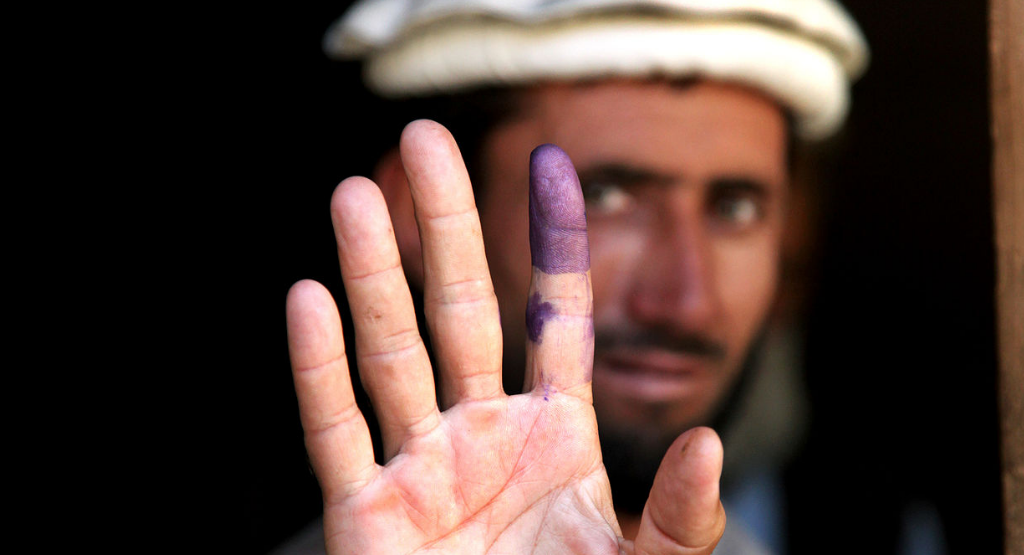The Making of an American Incel

In the heartland of Arkansas, amidst the rolling hills and endless fields, lived a young man named Jake Watanabe. Born into a family with a tangled history, Jake’s roots traced back to the tumultuous era of World War II. His grandparents, like many others of Japanese descent, found themselves incarcerated in the internment camps scattered across the United States. Their story was one of resilience, of overcoming adversity in the face of injustice. But for Jake, it was a tale he could hardly relate to.
Raised in the shadow of his family’s past, Jake grappled with a sense of displacement that gnawed at him like a persistent itch. Despite being born and bred in America, he never felt quite at home in the sleepy town of Arkansas. His parents, clinging to the values of their homeland while embracing the ideals of their adopted country, tried their best to instill in him a sense of belonging. They preached the virtues of hard work, self-reliance, and entrepreneurship, blending American grit with Japanese honor, loyalty, and respect for authority. But for Jake, their efforts fell on deaf ears.
As he trudged through the halls of his high school, Jake found himself adrift in a sea of Americana, struggling to find his place in a world that seemed to have left him behind. His classmates, with their cowboy boots and Southern drawls, felt like aliens in a foreign land to him. He couldn’t relate to their love for football or their fervent patriotism. To Jake, the American Dream was nothing more than a faded myth, a relic of a bygone era.
In his history class, Jake’s disdain for all things American reached new heights as he sat through a documentary about Richard Nixon’s funeral. Senator Bob Dole’s eulogy, with its saccharine praise of Nixon’s resilience and unyielding spirit, struck a nerve with Jake. As Dole choked back tears, extolling the virtues of living life “to the hilt,” Jake couldn’t help but burst into laughter, much to the dismay of his teacher.
Sent to the assistant principal’s office for disrupting class, Jake found himself face to face with authority once again. But even as the assistant principal lectured him on respectful behavior, Jake couldn’t resist the urge to push back. Pulling out his iPhone as soon as the assistant principal took a call, Jake gleefully showed him a meme of Chris Christie stuffing his face, declaring it the epitome of “living life to the hilt.”
Upon graduating from high school, Jake begrudgingly enrolled at the University of Arkansas, unsure of what the future held for him. With a major in animation, he delved into the world of anime, finding solace in the fantastical realms of Japanese animation while harboring a disdainful attitude towards the country of his grandparents.
In the quiet solitude of his mother’s basement, Jake Watanabe grappled with the complexities of his existence. Born into a world that seemed intent on marginalizing him at every turn, Jake found himself navigating the treacherous waters of race, intelligence, and identity.
From a young age, Jake struggled to connect with women, a fact he attributed to both his Asian heritage and his perceived intelligence. He couldn’t help but feel discriminated against because of his race, as if society had predetermined his fate based on the color of his skin. And as for his intelligence, Jake saw it as both a blessing and a curse, a double-edged sword that isolated him from those around him.
In his quest for understanding, Jake turned to literature, finding solace in the writings of controversial figures like Matt Forney and Aaron Clarey. Their words spoke to him on a visceral level, resonating with his own struggles with women and his perceived outsider status in society.
Forney’s “Do the Philippines” became a source of fascination for Jake, its unabashed exploration of masculinity and sexuality striking a chord with his own desires and frustrations. And Clarey’s “Curse of the High IQ” provided him with a framework for understanding his struggles, offering validation for his belief that his intelligence was both a gift and a curse.
Armed with these newfound insights, Jake declared an English major in college, immersing himself in the world of literature in search of answers. But as graduation loomed on the horizon, he found himself adrift once again, unsure of what the future held for him.
Launching a series of unsuccessful businesses in “social media marketing” and “internet trolling,” Jake attempted to emulate the success of his literary idols, but to no avail. His ventures faltered, leaving him disillusioned and defeated.
For a brief moment, Jake found himself working at Burger King, but the menial nature of the job grated against his sense of self-worth. He lasted only a month before walking away, convinced that such work was beneath him.
As the years passed, Jake resigned himself to the reality of his existence, finding comfort in the familiarity of his mother’s basement. Embracing the Hikkikomori lifestyle, he retreated further into himself, content to while away the hours in solitude.
And so, in the quiet solitude of his mother’s basement, Jake Watanabe found solace in the embrace of his own thoughts, a silent observer in a world that had long since forgotten him.



